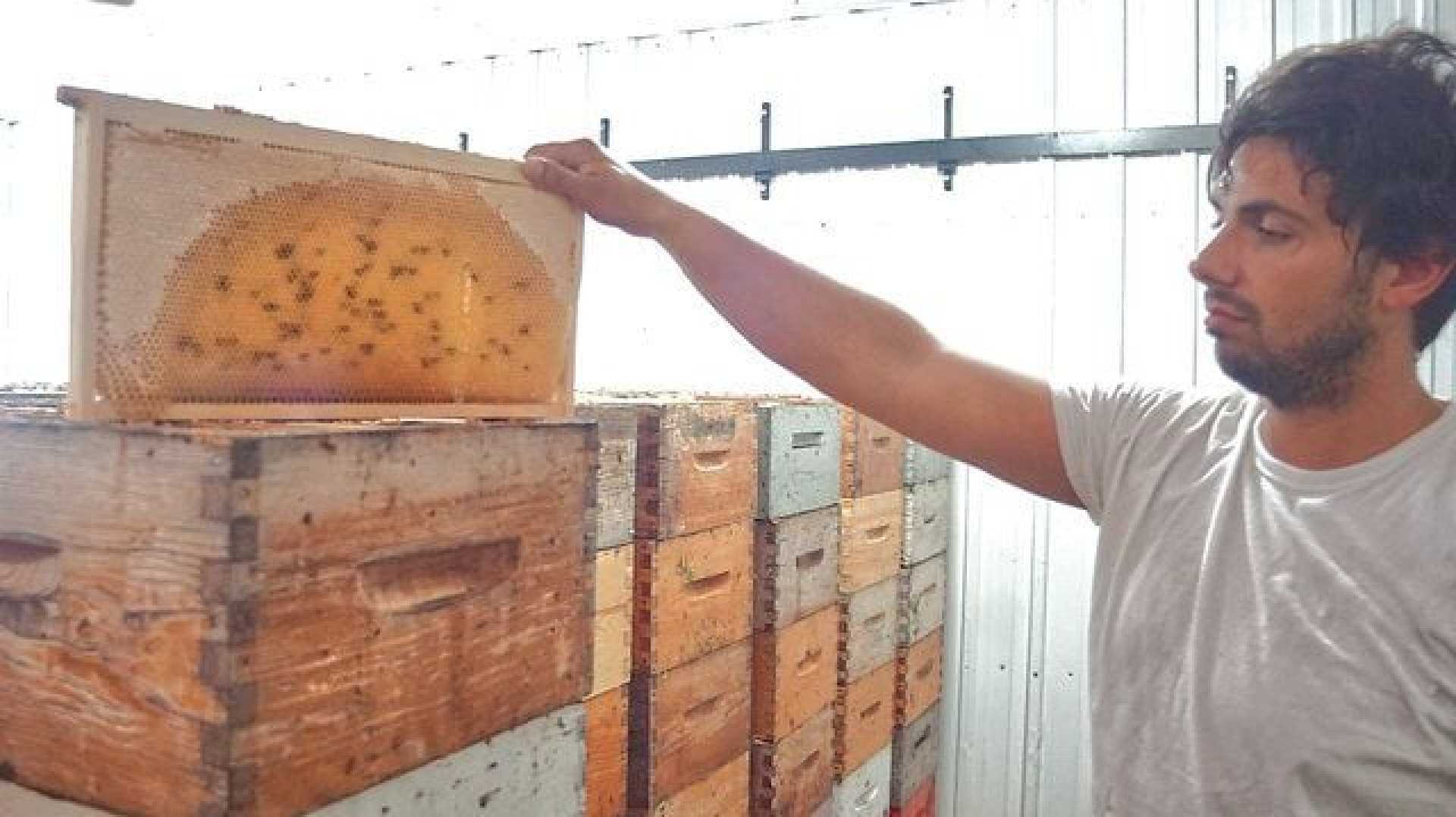News
Beekeepers Face Challenges from Wildfire Smoke in Canada

PRINCE ALBERT, Canada (July 31, 2025) — Beekeepers in Saskatchewan are facing a tough season due to cooler, wetter weather and intermittent wildfire smoke. The conditions have made this peak summer period particularly challenging for honey production.
According to Lance Strong of B. Strong Apiaries near Rocanville, the smoke adversely affects honeybees. “The smoke definitely has a detrimental effect on the bees,” Strong explained. “Honeybees require a certain light intensity to leave the hive to forage. On days with thick smoke, the foraging window shrinks.”
Saskatchewan produced 22 percent of Canada’s honey in 2023, which totaled 91.8 million pounds. The province exported approximately $4 million worth, down from $10.6 million the previous year.
The smoke not only impacts bees but also the plants they rely on. “Reduced light affects photosynthesis, making it less efficient and producing less nectar and pollen,” Strong added. This can lead to weaker bee colonies and smaller honey yields.
Strong also mentioned the challenges with queen bee mating during smoky periods. “When the mating window closes, she doesn’t mate again for her entire life span,” he said. This has led to lower mating success rates among producers.
In Manitoba, Ian Steppler, Chair of the Manitoba Beekeepers’ Association, echoed similar concerns. “We are quite concerned about it,” he said, noting that increasingly smoky summers have been affecting local bee populations as well.
Manitoba generates around 20 million pounds of honey annually, contributing approximately $50 million to the provincial economy. The Prairie provinces accounted for 73 percent of all honey exports in 2023.
Despite the challenges posed by wildfire smoke, Strong sees some positives. “It’s been a great start to the year for bees,” he noted, thanks in part to the abundant rainfall this spring encouraging the growth of diverse plants.












